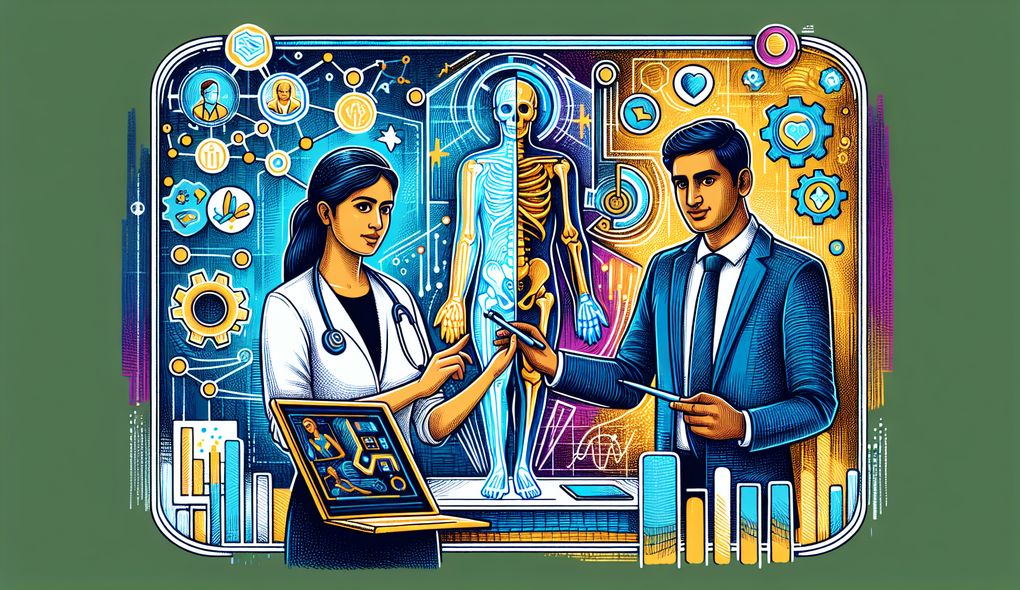Tell me about a time when you had to make tough decisions prioritizing tasks in a project. How did you approach it?
INTERMEDIATE LEVEL

Sample answer to the question:
In my previous role as an IT Project Manager, I encountered a situation where we had multiple tasks and strict deadlines to meet. To prioritize effectively, I first assessed the importance and urgency of each task. I gathered input from key stakeholders and team members to understand their perspectives. Then, I created a prioritization matrix, considering factors such as impact on project goals, dependencies, and resource availability. This helped me identify the critical tasks and allocate resources accordingly. I also communicated the priorities to the team, ensuring everyone understood the rationale behind the decisions. Throughout the project, I regularly reviewed the task list, adjusting priorities as needed and keeping everyone informed. This approach allowed us to successfully deliver the project on time and within budget.
Here is a more solid answer:
In my previous role as an IT Project Manager, I faced a challenging situation where we had a tight deadline and multiple competing tasks. To tackle this, I took a systematic approach. First, I analyzed the project requirements, taking into account the project goals, stakeholders' expectations, and resource availability. Next, I created a task prioritization matrix, considering factors such as urgency, importance, and dependencies. I involved the team members in this process to gather their insights and ensure buy-in. Once the matrix was established, I held a meeting to communicate the priorities and explain the rationale behind them. This fostered a shared understanding among the team. Throughout the project, I closely monitored the progress and regularly reassessed the priorities based on emerging risks or opportunities. The result was a successfully completed project, meeting all deadlines and delivering the desired outcomes.
Why is this a more solid answer?
The solid answer provides more specific details about the candidate's approach to prioritizing tasks in a project. It highlights their systematic approach, involving the analysis of project requirements and the creation of a task prioritization matrix. The answer also emphasizes the candidate's effective communication with team members and their ability to monitor progress and adjust priorities as needed. However, the answer could further improve by providing specific examples of how the candidate managed challenges or conflicts in task prioritization and the impact of their decisions on the project outcomes.
An example of a exceptional answer:
During my tenure as an IT Project Manager, I encountered a critical situation where we were facing a project delay due to resource constraints. To resolve this, I assembled a cross-functional team to assess the impact of the delay on project objectives and identify the tasks that required immediate attention. We conducted a thorough analysis of the project schedule, dependencies, and resource availability. Based on this analysis, we made tough decisions and reprioritized tasks, reallocating resources to the critical path activities. This involved negotiating with stakeholders, adjusting timelines, and realigning team priorities. I facilitated discussions and ensured open communication channels to address any concerns or resistance to change. By taking decisive action and working collaboratively, we successfully mitigated the delay and ultimately delivered the project ahead of schedule. This experience not only strengthened my ability to make tough decisions under pressure but also showcased my leadership skills in driving cross-functional collaboration towards project success.
Why is this an exceptional answer?
The exceptional answer goes above and beyond by providing a compelling story that demonstrates the candidate's ability to make tough decisions and prioritize tasks in a complex project scenario. The answer highlights the candidate's strategic thinking, cross-functional collaboration, negotiation skills, and their overall impact on project success. By showcasing the candidate's ability to navigate challenging situations and deliver exceptional outcomes, this answer effectively aligns with the desired skills and capabilities outlined in the job description.
How to prepare for this question:
- Reflect on past projects where you had to make tough decisions regarding task prioritization. Consider the specific challenges you faced, the approach you took, and the outcomes achieved.
- Familiarize yourself with different prioritization techniques and frameworks, such as the Eisenhower Matrix or the MoSCoW method. Understand how these can be applied in a project management context.
- Practice articulating your decision-making process and rationale behind task prioritization. Be prepared to explain how you considered factors such as project goals, resource availability, dependencies, and stakeholder expectations.
- Highlight examples that demonstrate your ability to manage high-pressure situations, remain calm under stress, and effectively communicate priorities to team members and stakeholders.
- Consider the impact of your proposed actions or decisions on the overall project timeline, budget, and success criteria. Be prepared to discuss how you proactively managed risks and embraced flexibility when necessary.
What are interviewers evaluating with this question?
- Ability to effectively prioritize and execute tasks in a high-pressure environment
- Strong leadership skills with an ability to motivate cross-functional project teams
- Excellent analytical and problem-solving abilities
- Demonstrated ability to manage projects to successful completion, on-time and on-budget

